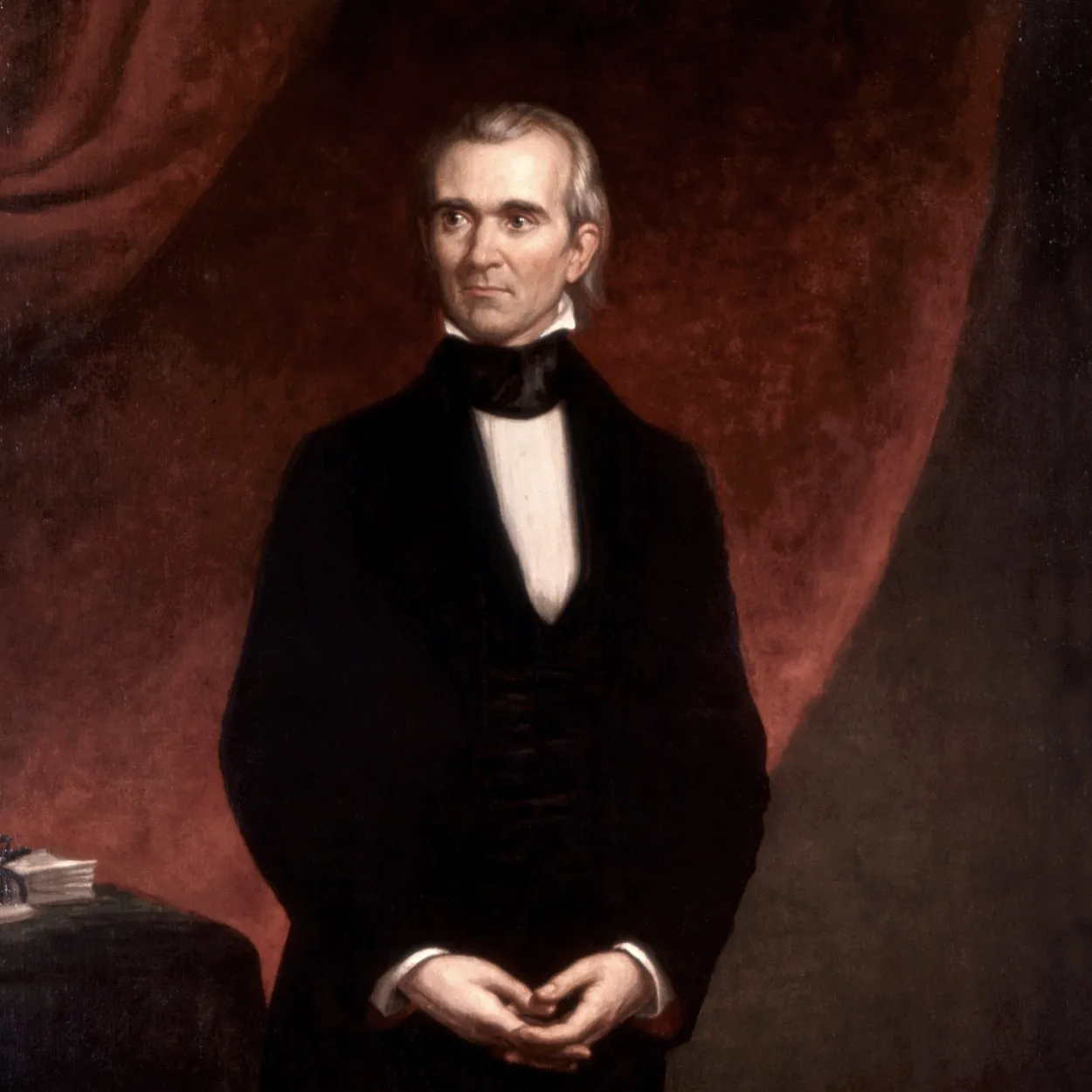The U.S. president who died at the youngest age from natural causes was James K. Polk. He died at the age of 53, just a few months after leaving office. Polk, who served as the 11th President of the United States from 1845 to 1849, passed away on June 15, 1849, in Nashville, Tennessee. His death was attributed to cholera morbus, a term used during that period to describe acute gastroenteritis.

James Knox Polk, the 11th President of the United States, holds a somber record in the annals of American history. He was the youngest former president to die of natural causes, passing away at the age of 53. His life, presidency, and untimely death present a compelling chapter in the story of a young nation grappling with issues of expansion and identity.
Born on November 2, 1795, in Pineville, North Carolina, Polk was a child of the frontier, growing up in what was then the Western part of the United States. He was a sickly child, suffering from urinary stones, a condition that necessitated surgery without anesthesia. Despite these early health challenges, Polk was ambitious and determined. He graduated with honors from the University of North Carolina at Chapel Hill in 1818 and quickly made a foray into law and politics.
Polk’s political journey was marked by his steadfast belief in Jacksonian democracy. He was a firm advocate of the ‘manifest destiny,’ the 19th-century doctrine that the United States was destined to expand across the North American continent. His political career escalated rapidly; he served as a member of the Tennessee legislature and then as a U.S. Congressman, eventually becoming Speaker of the House. In 1839, he was elected Governor of Tennessee.
In the 1844 presidential election, Polk emerged as a dark horse candidate. He was a compromise nominee for the Democratic Party, which was divided between Martin Van Buren and Lewis Cass. Polk’s campaign was the first to actively use the slogan “Fifty-Four Forty or Fight!” referencing the northern boundary of Oregon at the 54°40′ latitude. His election was considered a mandate for territorial expansion.
Polk’s single term as president from 1845 to 1849 was marked by significant territorial expansion of the United States. He oversaw the annexation of Texas, the acquisition of Oregon Territory after a treaty with Britain, and the significant territorial gains following the Mexican-American War. This war, however, was controversial and remains a topic of debate among historians regarding its justification and impact.
Domestically, Polk’s administration reformed the banking system, reduced tariffs, and established an independent treasury system. His presidency was an era of realignment for the American political system.
After leaving office in March 1849, Polk’s health rapidly deteriorated. He had been a workaholic, often putting in long hours, and his health was further compromised by a cholera epidemic that swept the nation during his presidency. Only three months after leaving the White House, Polk died at his new home, Polk Place, in Nashville, Tennessee, on June 15, 1849. The cause of death was reported as cholera morbus, a term used in the 19th century for severe gastrointestinal disorders like gastroenteritis.
The brevity of Polk’s post-presidency life – he holds the record for the shortest retirement of all U.S. presidents – and his relatively young age at death highlights the toll that the presidency took on his health. Polk’s demise also underscores the medical challenges of the era. Without modern medical knowledge or treatments, conditions like cholera were often deadly.
In historical evaluations, Polk is often noted for his effectiveness in achieving the goals he set. Despite the brevity of his tenure and the long-term consequences of his expansionist policies, he is frequently ranked as an above-average president by historians and political scientists.
Polk’s legacy is a complex one, marked by significant territorial expansion but also by the exacerbation of sectional tensions that would eventually lead to the Civil War. His presidency is a study in the pursuit of manifest destiny, the impact of leadership on national direction, and the human costs of political ambition. James K. Polk remains a pivotal, if somewhat enigmatic, figure in American presidential history.


